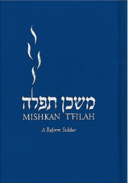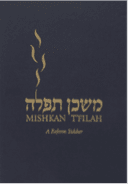Worship
Worship
Worship at Central Synagogue is spirited, intimate, and welcoming. Our services will meet you where you are—whether this is your first time in synagogue or your thousandth.
Central’s Friday night Shabbat services are considered our flagship event; if you’re looking to learn more about Central, our community, and the values we represent, they are a great place to start. With both familiar and new melodies, musical worship at Central strives to create a transcendent and participatory experience.
Want to participate?
Visit our Livestream page to learn more about the many ways to join.
Missed a service?
Visit our YouTube page.
Missed a sermon?
Check out our Sermons page, YouTube playlist, or sign up for our podcast through Apple Podcasts and Spotify.
Worship at Central Synagogue
Shabbat Service: 6:00 pm (ET), Fridays
Shabbat Service: 9:30 am (ET), Saturdays
Shabbat Mishkan Service: 9:30 am (ET), select Saturdays
An intimate, musical, and participatory service featuring a deeper dive into the Shabbat morning prayers.
Morning Minyan Service: Monday–Friday, 8:00 am – 8:15 am
All are invited to join us each morning Monday through Friday on Zoom. For the link, please email our .(JavaScript must be enabled to view this email address).
Please check our calendar for an exact schedule each week, which may include additional b’nei mitzvah services. (All times are Eastern.)
Prayer Books


Please note, it is also possible to access a one-volume edition of Mishkan T’filah that includes both Shabbat and festival services. However, the page numbers in this edition may vary from the page numbers that Clergy will call out during services.
Print Mishkan T’filah: A Reform Siddur, Weekdays, Shabbat, and Festivals Transliterated
Prayer Book for Morning Minyan Services
Access and print the prayer book for Morning Minyan Services